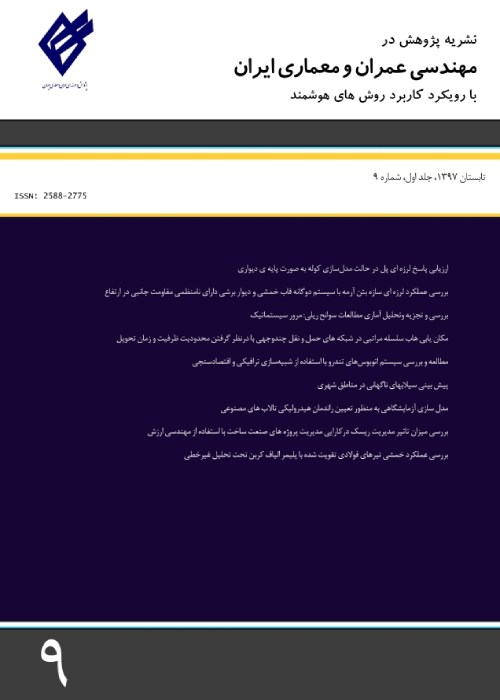Schedule trains based on passenger demand using queue theory
The train has become a necessity as a means of traffic, a heavy and important means of public transportation in the world today. The need for traffic management and planning is inevitable. The goal of train scheduling is to minimize train travel time from origin to destination, to satisfy passengers and stakeholders, to reduce delays at stations, and to maximize the capacity of lines, stations, and fleets. In this research, a case study is an urban train between Tehran and Karaj. Using the M / G / C / C queue theory, a schedule for training guidance based on three scenarios is proposed. In fact, using uncertainty in time and capacity, the train is scheduled to move. Another parameter is the passenger waiting time. Passenger satisfaction depends on the short waiting time as well as enough space to board the train. The company's profit also depends on these two parameters, of course, at different times, passenger demand is different, so for various hours, a guide must be set. The recommended goal is between 6-30 minutes in multiple scenarios for different hours.
Tehran , Metro , headway , Time table , queue theory , waiting time
- حق عضویت دریافتی صرف حمایت از نشریات عضو و نگهداری، تکمیل و توسعه مگیران میشود.
- پرداخت حق اشتراک و دانلود مقالات اجازه بازنشر آن در سایر رسانههای چاپی و دیجیتال را به کاربر نمیدهد.


